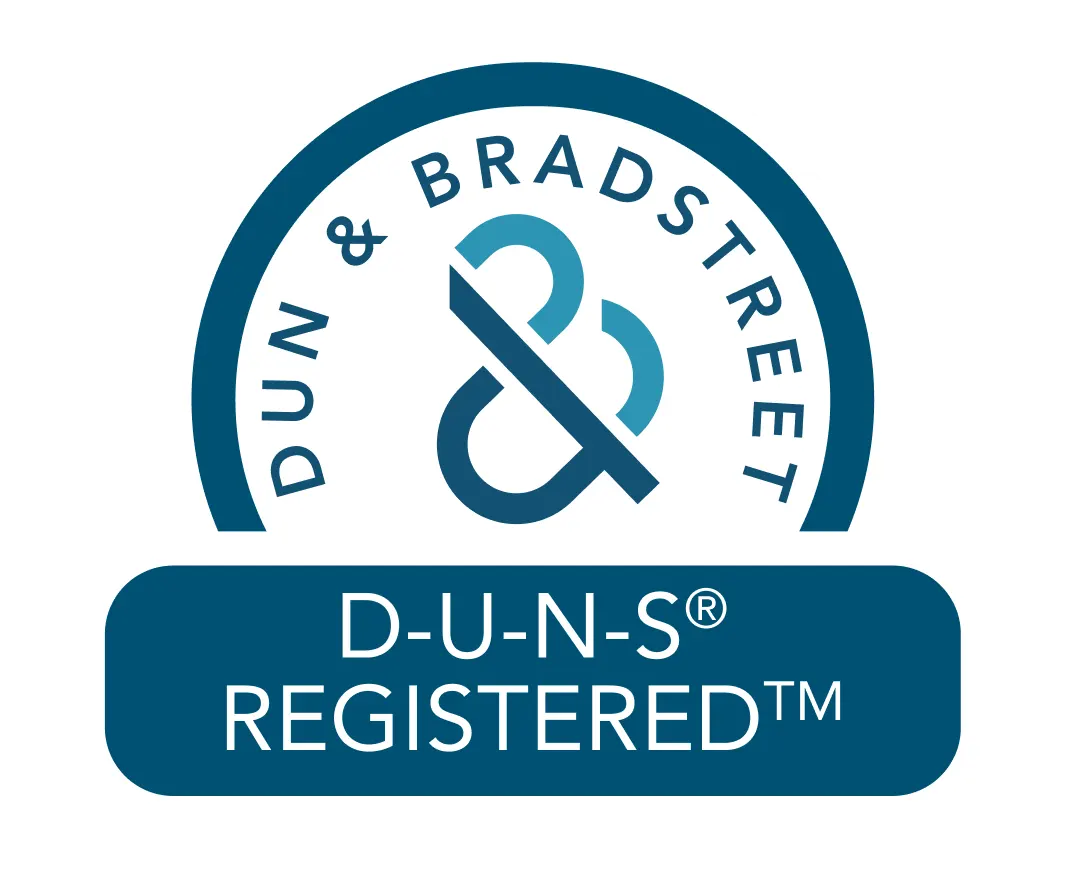The significance of email safety cannot be overstated. Whether you’re an individual or a business, the prevalence of popular cloud-based platforms like Office 365, Google Workspace and iCloud makes safeguarding your email accounts a top priority.
Protecting email accounts is of paramount importance due to the following reasons:
Confidential Communication: Email accounts often contain sensitive personal and professional information. Safeguarding them ensures that confidential communications, such as financial details, personal conversations, and business strategies, remain private and shielded from unauthorized access.
Data Breach Prevention: Cybercriminals continuously target email accounts to gain access to valuable data. Securing email accounts helps prevent data breaches that can lead to identity theft, financial loss, and reputational damage.
Phishing and Scam Defense: Email is a common avenue for phishing attacks, where attackers trick users into divulging personal information or clicking malicious links. Protecting email accounts reduces the risk of falling victim to scams that can compromise security and steal sensitive data.
Access to Other Accounts: Email accounts are often linked to various online services. A compromised email account can serve as a gateway to accessing other accounts, including social media, online banking, and shopping platforms. Protecting your email acts as a critical barrier against broader cyberattacks.
Business Continuity: For businesses, email is a lifeline for communication, collaboration, and data exchange. A compromised email account can disrupt operations, lead to financial losses, and damage professional relationships. Secure email accounts help maintain business continuity. It is worth noting that an Managed IT Services plan should be implemented to avoid any cybersecurity breaches.
Legal and Regulatory Compliance: In many industries, protecting email accounts is essential for compliance with legal and regulatory requirements. Failing to secure sensitive information can result in legal repercussions and financial penalties.
Reputation Preservation: Compromised email accounts can be used to send spam or phishing emails to contacts, damaging your reputation and credibility. Protecting your email helps maintain trust among colleagues, clients, and personal contacts.
Here are some essential steps that both individuals and businesses should take to bolster the security of their Cloud accounts, such as Office 365, Google and others.
- Activate Two-Factor Authentication (2FA) – A Must for Everyone: Enabling 2FA provides an extra layer of security by requiring an additional verification step beyond your password. This fundamental step significantly reduces the risk of unauthorized access to your accounts.
- Regular Password Updates: For both individuals and businesses, changing passwords regularly and using strong, unique combinations is vital. Utilize password managers to simplify and secure this process.
- Educate About Phishing Threats: Educate everyone within your organization, as well as individuals, about the dangers of phishing. Regular training on identifying suspicious emails can prevent potential breaches.
- Monitor Account Activities: Encourage consistent monitoring of account activities. By reviewing login history and device access, you can swiftly detect any unusual or unauthorized actions.
- Maintain Updated Software: Whether you’re an individual or a business, ensure that your software, including operating systems, browsers, and email clients, is always up to date. This practice eliminates vulnerabilities that cybercriminals could exploit.
- Safeguard Third-Party Integrations: Businesses and individuals alike must be cautious with third-party integrations that have access to email accounts. Regularly audit and manage app permissions to reduce potential risks.
- Routine Backups: Employ regular data backups to maintain the integrity of your email communications. Both individuals and businesses benefit from the security of having a reliable data recovery solution.
- Review and Adjust Privacy Settings: Empower both individuals and businesses to take control of their email privacy settings. By customizing these settings, you can protect your information and maintain a secure online presence.
- Comprehensive Employee Training: For businesses, ongoing employee training is crucial. Equip your team with the knowledge they need to recognize and respond to email security threats effectively.
- Stay Informed: Staying current with cybersecurity trends is essential. Regularly educate yourself and your team about emerging threats to ensure proactive protection.
By diligently implementing these security measures, individuals and businesses can create a robust shield around their email accounts. Remember, email safety requires continuous effort and awareness. Whether you’re safeguarding personal correspondence or confidential business information, these steps will help you navigate the digital landscape securely, fostering trust and ensuring the confidentiality of your communications.






